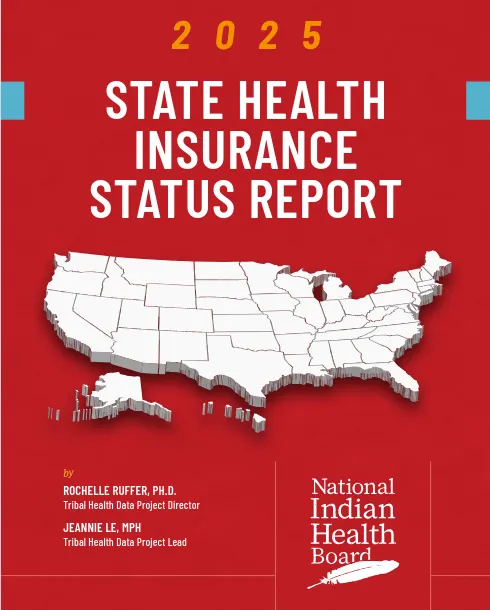EXECUTIVE SUMMARY
The federal government’s trust responsibility, honored by decades of treaties and doctrines, is based on need. Funds to the Indian Health Service are prepaid obligations between the United States and indigenous Tribes and cannot be means-tested. American Indians and Alaska Natives have long experienced health disparities when compared with other Americans. Shorter life expectancy and the disproportionate disease burden exist because of inadequate education, disproportionate poverty, discrimination in the delivery of health services, and cultural differences. These are broad quality of life issues rooted in economic adversity, poor social conditions, and decades of historical trauma.
Although the Obama Administration and Congress have proven over the last few years that they are willing to take steps to adress this crisis, the federal government must do more to meet its obligations to fully fund the urgent health care needs of American Indians and Alaskan Natives. Indian health care is not measured in dollars, but in lives. Sequestration causes a devastating blow to Indian health care clinics which, because of historical underfunding, cannot afford a single dollar lost. Lost dollars result in the loss of health care practitioners and services through staff reductions and reduced access to basic health care. Many American Indians and Alaska Natives, especially in rural communtities where only one provider serves an entire community, ultimately suffer with the loss of a single doctor, midlevel, or community health aide. Now is the time for the federal government to partner with Tribes to ensure that the Indian health care system does not bear the brunt of the nation’s current economic burden. The trust obligations, which impact the lives and future survival of Indians, must be a priority for funding within HHS and the Administration. Until the Indian Health Service is fully funded, the promised health care that American Indians and Alaska Natives deserve will not become a reality.




